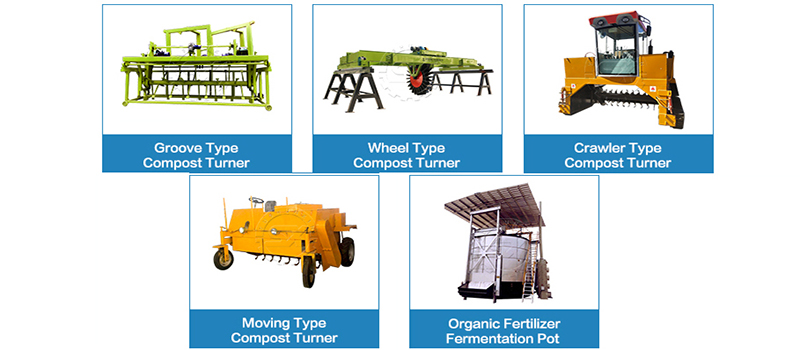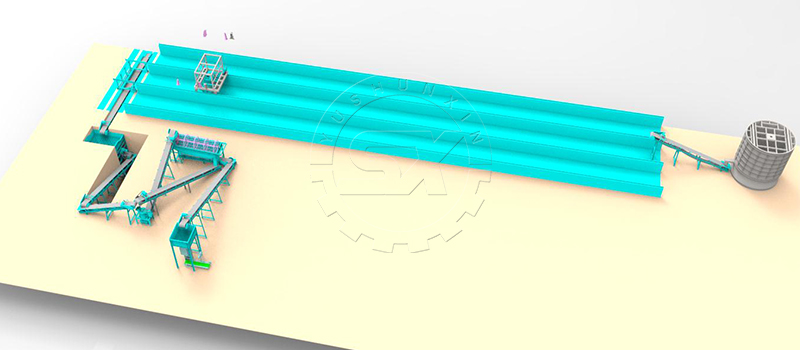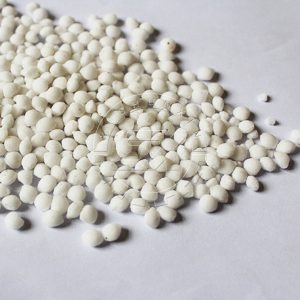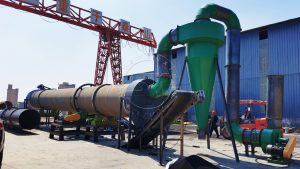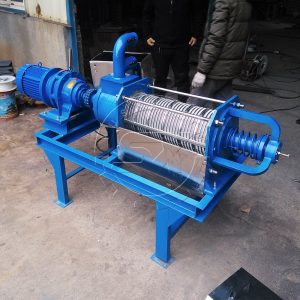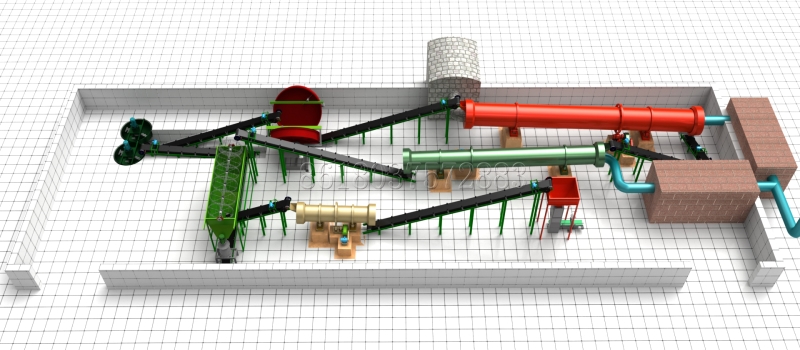When planning to establish an organic fertilizer production plant, accurate estimation of the fertilizer production plant cost becomes essential. A clear understanding of the budget helps guide every decision, from selecting suitable raw materials to choosing the right granulation machinery. This article explores the key factors for estimating the cost of organic fertilizer granulation equipment, including material selection, machine features, and supporting devices, enabling investors and producers to make informed choices.
What Are Common Raw Materials for Organic Fertilizer Granulation and How Do They Impact Plant Cost?
Raw material choices play a fundamental role in shaping the organic fertilizer plant cost. Organic fertilizer granulation, pelletizing, or ball making processes typically utilize a variety of raw materials. Options often include livestock manure such as chicken, cattle, or pig manure; agricultural by-products like straw, rice husks, and crop residues; and industrial organic wastes including distiller’s grains or sugar factory filter mud. Each material brings unique nutrient profiles and moisture contents, influencing both the preparation method and the required machinery.

Which Machine Features and Equipment Types Should Be Considered When Calculating Fertilizer Factory Cost?
Smart investment decisions depend on recognizing critical features of organic fertilizer granulation equipment. Several types of machines perform essential steps in the organic fertilizer granulation process. For the granulation or pelletizing phase, options include disc granulators, new type organic fertilizer granulators, double roller extrusion granulators, or rotary drum granulators. Each granulator model handles specific raw material properties and production capacities, which influences the fertilizer plant setup cost.
The fertilizer production line typically requires supporting equipment to complete the process. Crushing machines reduce raw material particle size for uniform granules. Batching machines ensure accurate ingredient proportioning, while rotary drying and cooling machines stabilize granules or pellets by reducing moisture. Screening machines help separate granules of different sizes, and packing machines provide efficient final product packaging. The total organic fertilizer production plant cost rises with plant automation level, machine material (such as stainless steel or carbon steel), and output capacity. Investors should assess future production targets, space constraints, and expansion plans when estimating costs, ensuring the selected machinery matches the plant’s long-term development.

How Can Investors Control Organic Fertilizer Plant Setup Costs While Ensuring High Product Quality?
Achieving a balance between investment and product quality remains a top priority for most fertilizer producers. Cost control strategies start with optimizing the plant’s process flow to minimize unnecessary equipment purchases. Choosing versatile granulation or pelletizing machinery capable of handling multiple materials allows for greater flexibility and reduced investment risk. For example, a new type organic fertilizer granulator can process a wider range of organic materials with less pre-treatment, potentially lowering preprocessing costs.
Additionally, manufacturers should evaluate the reliability, energy efficiency, and ease of maintenance of machines. Equipment with robust construction and simple operation helps decrease downtime and long-term expenses. Selecting standardized models with proven performance records can reduce the organic fertilizer plant setup cost by limiting custom engineering work. By working with experienced fertilizer equipment suppliers, investors obtain specialized guidance, customized plant design, and comprehensive after-sales support, all of which contribute to cost savings and stable operation.
Conclusion
Accurate estimation of organic fertilizer granulation equipment costs requires consideration of raw materials, machinery features, plant process flow, and future scalability. By addressing these aspects, investors position their fertilizer manufacturing plant for sustainable success and profitability. For tailored advice and quality equipment solutions, a professional fertilizer equipment manufacturer like Yushunxin offers comprehensive support in fertilizer granulation, pelletizing, and overall organic fertilizer production line setup, ensuring a cost-effective and efficient plant operation. You can visit: https://www.fertilizerproductequipment.com/organic-fertilizer-production-plant-cost/






